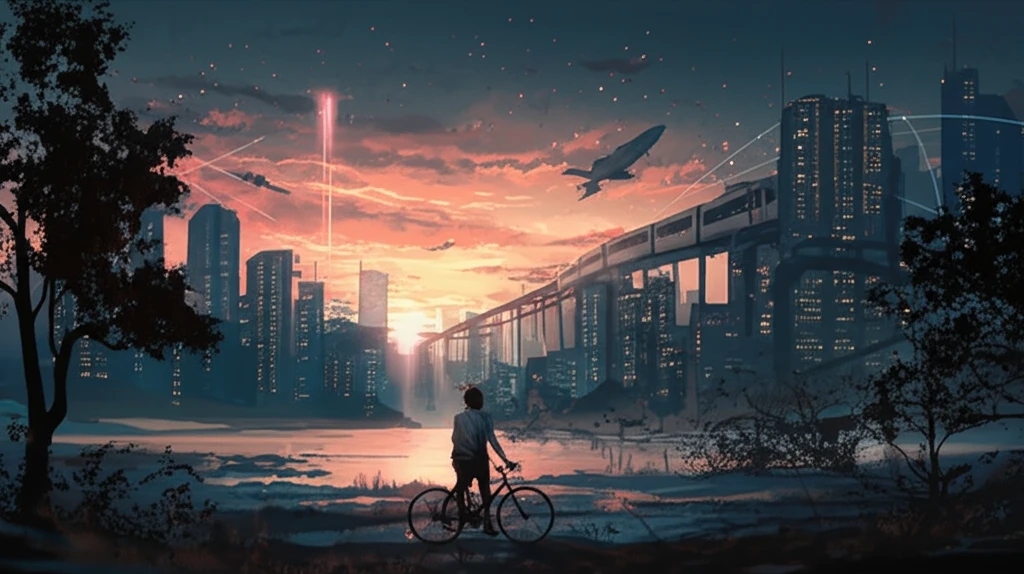
Is the Metropolis Dead? How Regional Urbanization is Reshaping Our World
"Forget the classic city vs. suburb divide – a new era of regional urbanization is here, blurring lines and creating interconnected urban landscapes. Learn how this shift impacts everything from your daily commute to global economies."
For decades, the classic image of a city involved a bustling urban core surrounded by sprawling suburbs. This model, deeply ingrained in our understanding of urban life, is undergoing a dramatic transformation. A new phenomenon, known as regional urbanization, is reshaping the way we live, work, and interact with our environment.
Regional urbanization signifies a move away from the traditional metropolis and towards interconnected urban landscapes that span vast geographical areas. This shift is not merely a change in scale; it represents a fundamental alteration in the nature of urban development, impacting everything from local communities to global economies.
Think of it this way: The old model focused on the city center as the primary hub, with suburbs acting as satellites. Regional urbanization, however, envisions a network of interconnected nodes, where the lines between city and suburb blur, and economic, social, and cultural activities are distributed across a wider region.
The Rise of the City Region

The concept of the "city region" is central to understanding regional urbanization. This term describes an expansive, interconnected urban area that extends beyond traditional city limits, encompassing multiple municipalities and even crossing state lines. City regions are characterized by:
- Polynucleated structure: Instead of a single dominant urban center, city regions feature multiple centers of activity, each with its own distinct character and function.
- Networked infrastructure: Transportation, communication, and utilities are interconnected across the region, facilitating the flow of people, goods, and information.
- Information-intensive economy: City regions are hubs of innovation, technology, and knowledge-based industries.
Navigating the Future of Urbanization
Regional urbanization presents both opportunities and challenges. By understanding the forces shaping this transformation, we can work towards creating more sustainable, equitable, and vibrant urban environments for all. This requires innovative approaches to urban planning, transportation, housing, and economic development, as well as a commitment to collaboration across different sectors and levels of government.
